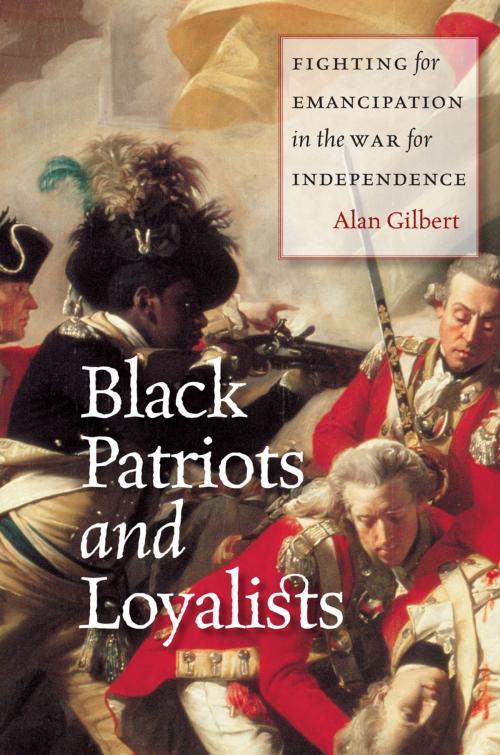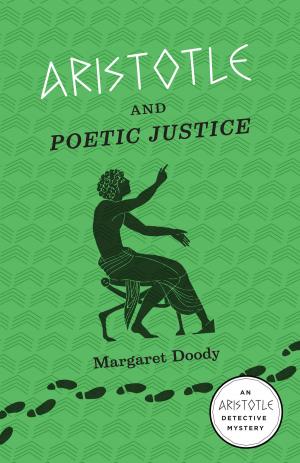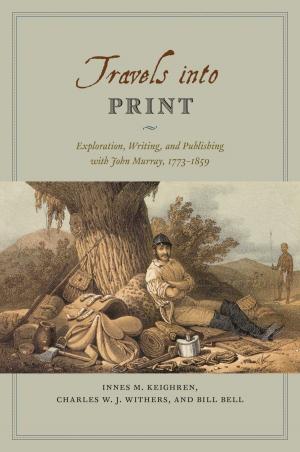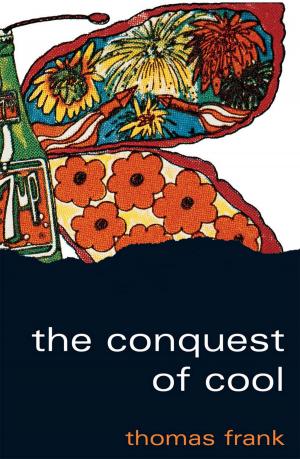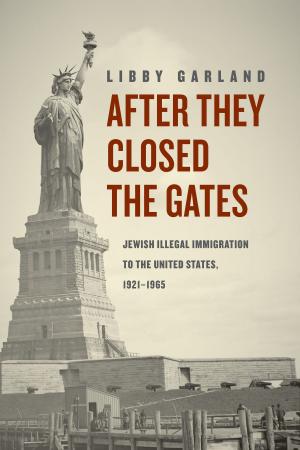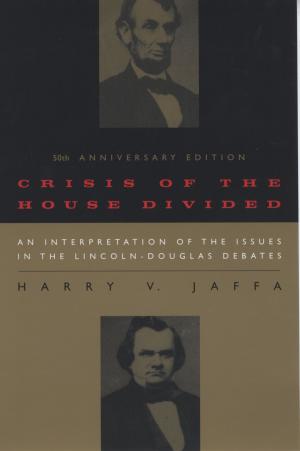Black Patriots and Loyalists
Fighting for Emancipation in the War for Independence
Nonfiction, History, Americas, United States, Revolutionary Period (1775-1800), Social & Cultural Studies, Social Science, Cultural Studies, African-American Studies| Author: | Alan Gilbert | ISBN: | 9780226293097 |
| Publisher: | University of Chicago Press | Publication: | March 19, 2012 |
| Imprint: | University of Chicago Press | Language: | English |
| Author: | Alan Gilbert |
| ISBN: | 9780226293097 |
| Publisher: | University of Chicago Press |
| Publication: | March 19, 2012 |
| Imprint: | University of Chicago Press |
| Language: | English |
We commonly think of the American Revolution as simply the war for independence from British colonial rule. But, of course, that independence actually applied to only a portion of the American population—African Americans would still be bound in slavery for nearly another century. Alan Gilbert asks us to rethink what we know about the Revolutionary War, to realize that while white Americans were fighting for their freedom, many black Americans were joining the British imperial forces to gain theirs. Further, a movement led by sailors—both black and white—pushed strongly for emancipation on the American side. There were actually two wars being waged at once: a political revolution for independence from Britain and a social revolution for emancipation and equality.
Gilbert presents persuasive evidence that slavery could have been abolished during the Revolution itself if either side had fully pursued the military advantage of freeing slaves and pressing them into combat, and his extensive research also reveals that free blacks on both sides played a crucial and underappreciated role in the actual fighting. Black Patriots and Loyalists contends that the struggle for emancipation was not only basic to the Revolution itself, but was a rousing force that would inspire freedom movements like the abolition societies of the North and the black loyalist pilgrimages for freedom in Nova Scotia and Sierra Leone.
We commonly think of the American Revolution as simply the war for independence from British colonial rule. But, of course, that independence actually applied to only a portion of the American population—African Americans would still be bound in slavery for nearly another century. Alan Gilbert asks us to rethink what we know about the Revolutionary War, to realize that while white Americans were fighting for their freedom, many black Americans were joining the British imperial forces to gain theirs. Further, a movement led by sailors—both black and white—pushed strongly for emancipation on the American side. There were actually two wars being waged at once: a political revolution for independence from Britain and a social revolution for emancipation and equality.
Gilbert presents persuasive evidence that slavery could have been abolished during the Revolution itself if either side had fully pursued the military advantage of freeing slaves and pressing them into combat, and his extensive research also reveals that free blacks on both sides played a crucial and underappreciated role in the actual fighting. Black Patriots and Loyalists contends that the struggle for emancipation was not only basic to the Revolution itself, but was a rousing force that would inspire freedom movements like the abolition societies of the North and the black loyalist pilgrimages for freedom in Nova Scotia and Sierra Leone.
